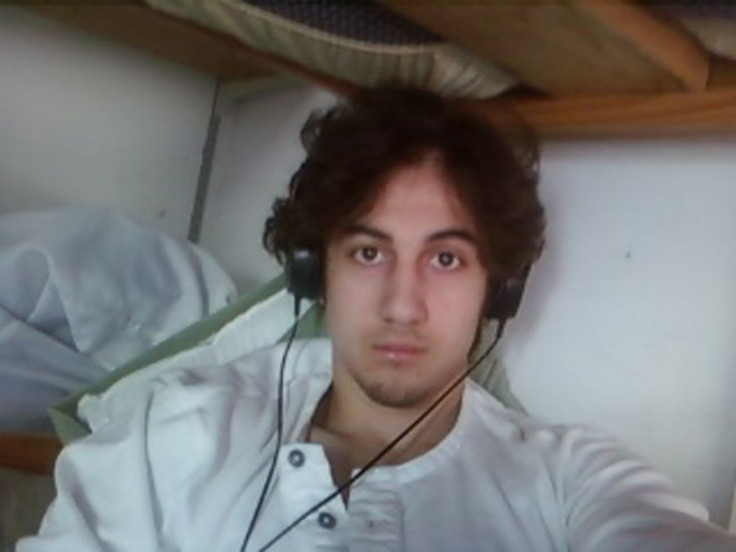When Will Dzhokhar Tsarnaev Be Executed? Boston Marathon Bomber Sentenced To Death; Appeals Could Take Decades

Boston Marathon bomber Dzhokhar Tsarnaev was sentenced to death by a federal grand jury Friday. He is likely to appeal. Most convicts who are sentenced to death in the U.S. spend years on death row while a lengthy appeals process plays out, which means it could be decades until Tsarnaev, now 21, faces execution.
Out of the 80 federal defendants sentenced to death in the last 27 years, only three have been executed. Many are still going through appeals; others have been cleared or have died in the interim, the New York Times said.
Timothy McVeigh, the Oklahoma City bomber, was executed by lethal injection in 2001, about four years after his conviction – a considerably shorter time than average. McVeigh, 33, was convicted of 11 federal offenses and sentenced to death after he detonated a truck bomb in front of a federal building in Oklahoma City in 1995. The bombing killed 168 people and wounded more than 600 others. McVeigh appealed his sentence after receiving the death penalty. He later dropped the appeal and told the judge he would rather die than spend the rest of his life in prison.
In 2004, a 74-year-old man was executed in Alabama for a murder he committed in 1977. By the time of his execution, J.B. Hubbard suffered from dementia as well as colon and prostate cancer. His execution sparked debate about the death penalty and its sometimes decades-long appeals process. “The reason he is this old is because his appeals have taken so long,” Tommy Smith, who prosecuted Hubbard’s case, told the San Francisco Chronicle at the time. “It’s ridiculous – unconscionable – for any process to take this long.”
Some death-row inmates have preferred execution rather than a long period of uncertainty. Michael Passaro of South Carolina pleaded guilty to the murder of his 2-year-old daughter and requested the death penalty in 2000. A jury granted him that request and Passaro rejected his attorney’s attempts to appeal his guilty plea. He was executed by lethal injection in 2002.
“He does not see the death sentence as punishment. He sees it as an escape from punishment,” South Carolina appellate attorney Joe Savitz told ABC News at the time.
Death penalty critics have argued life in prison is a worse punishment than death, and Tsarnaev's attorneys, trying to persuade the jury to spare him, portrayed in harsh terms the life he would be facing, without any hope of parole, in a Supermax federal prison. Most inmates at the Colorado prison where he would likely have been jailed spend 23 hours a day in isolation in a cell that is just 7 feet by 12 feet, WCVB said.
The family of eight-year-old bombing victim Martin Richard said they preferred seeing Tsarnaev sentenced to life in prison rather than being given the death penalty, because they said they dreaded the prospect of continually hearing about the terrorist as his case went through years of appeals. That is probably an accurate prediction of what Tsarnaev, and the survivors, are facing now.
© Copyright IBTimes 2024. All rights reserved.











